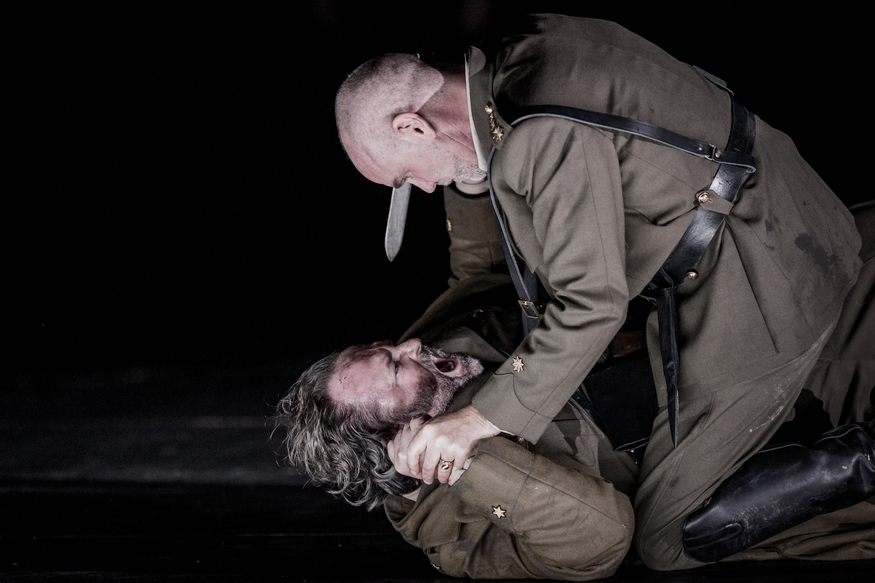English National Opera Triumphs With Underrated Verdi Masterpiece: Review

Although not exactly a rarity, Giuseppe Verdi’s The Force of Destiny of 1862 is not performed quite as frequently as his Aida or La traviata. This makes the opportunity to experience it at the London Coliseum, in a co-production between English National Opera and New York’s Metropolitan Opera, particularly welcome.
Set in eighteenth century Spain, it sees The Marquis of Calatrava dismiss his daughter Leonora’s South American lover Don Alvaro as not being good enough for his offspring. When, however, Don Alvaro surrenders himself to prove that he never violated her, he throws down his pistol and accidentally kills The Marquis. Leonora’s brother Don Carlo sets out to avenge his father’s death but he and Don Alvaro end up fighting side by side in battle and even saving each others’ lives. When each subsequently discovers who the other is, however, a bloodbath ensues in which both Don Carlo and Leonora are killed proving that, no matter how hard one may try, fate is inescapable.
Director Calixto Bieito, who has recently directed Carmen and Fidelio for ENO, exposes the darkness of the work to the full. The fact that The Marquis dismisses Don Alvaro because he is lowborn is brought out, while the monks who direct Leonora to a cave where she can find sanctuary come across as more sinister than overtly caring. Although Bieito broadly sets the drama towards the start of the twentieth century (projections allude to the Spanish Civil War) his use of chiaroscuro lighting gives the whole piece an eighteenth century Spanish feel. Like the country's art from the period, it proclaims in literally black and white terms that one either is or is not in God’s presence.
There are a few unwelcome Bieito traits. When we see people tearing books, whipping the floor with belts and brutally manhandling others, it feels as if large visual effects are being allowed to overshadow more genuine and natural interactions. There is also a tendency to push things too far as a ‘jolly’ dance in Act Two proves far more successful at revealing the brutalities of war than the subsequent act of exterminating those who are no longer useful in battle. Nevertheless, in comparison with some of Bieito’s other creations, this production is fairly restrained and it consequently allows many telling details to come to the fore.
Musically, the evening is an absolute triumph. Tamara Wilson in her ENO debut is a brilliant Leonora whose powerful voice is met by equal levels of accuracy and precision. Gwyn Hughes Jones and Anthony Michaels-Moore are splendid as Don Alvaro and Don Carlo respectively, with Hughes Jones’ utter sorrow at the end contrasting well with Michaels-Moore’s almost inhuman anger. James Creswell and Andrew Shore are almost as well known for their acting as their singing abilities and are glorious in the roles of the Father Superior and the friar Melitone. Rinat Shaham as the soldier’s widow Preziosilla and Robert Winslade-Anderson, replacing Matthew Best as The Marquis on opening night, also put in notable performances.
Conductor, and new ENO Music Director, Mark Wigglesworth brings a strong sense of passion and foreboding to the score while ensuring that the output always obeys strict musical requirements, and some of the more tender passages are also beautifully rendered. Suffice to say that if it is your destiny to see this production, you should be very glad of your fate.
Until 4 December (eight performances) at the London Coliseum, Saint Martin’s Lane, Charing Cross, WC2N 4ES. For tickets (£12-£125) visit the English National Opera website. Londonist saw this opera on a complimentary ticket.

Last Updated 15 November 2015



